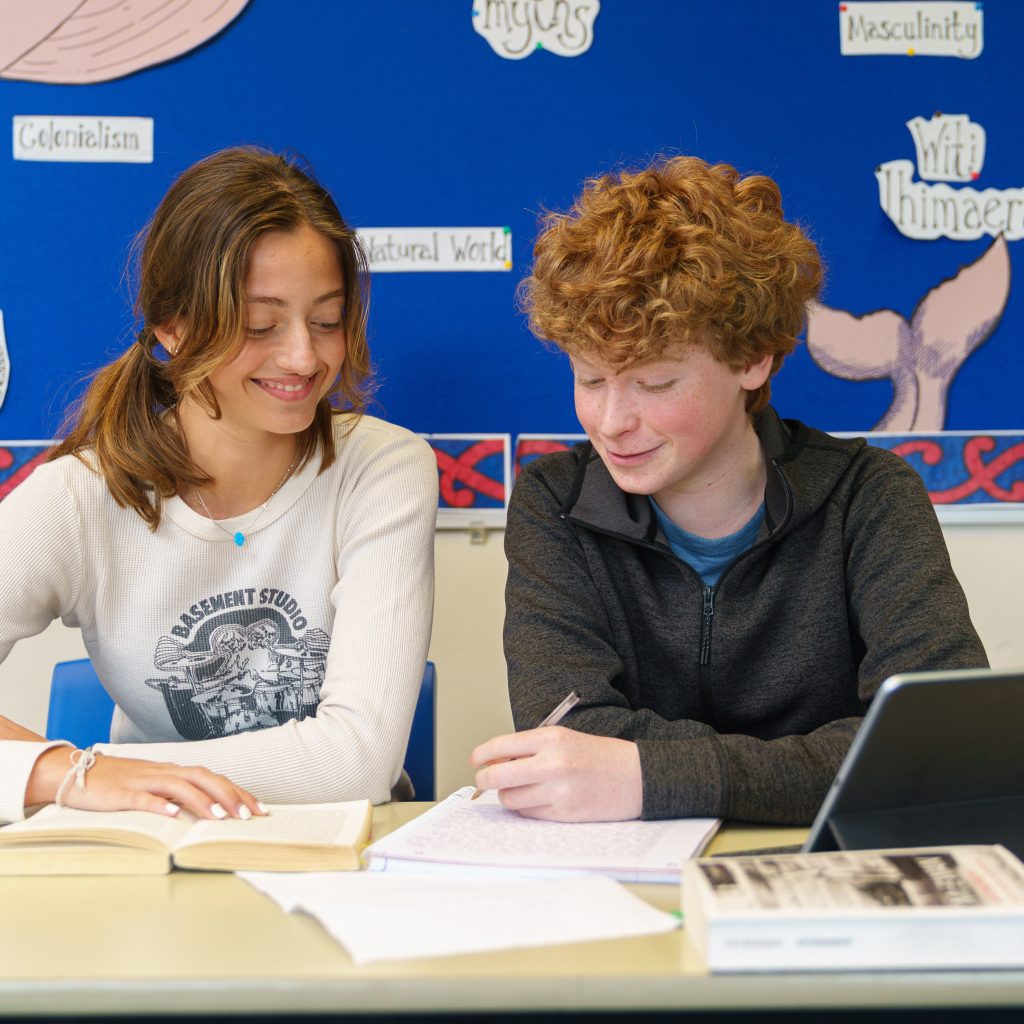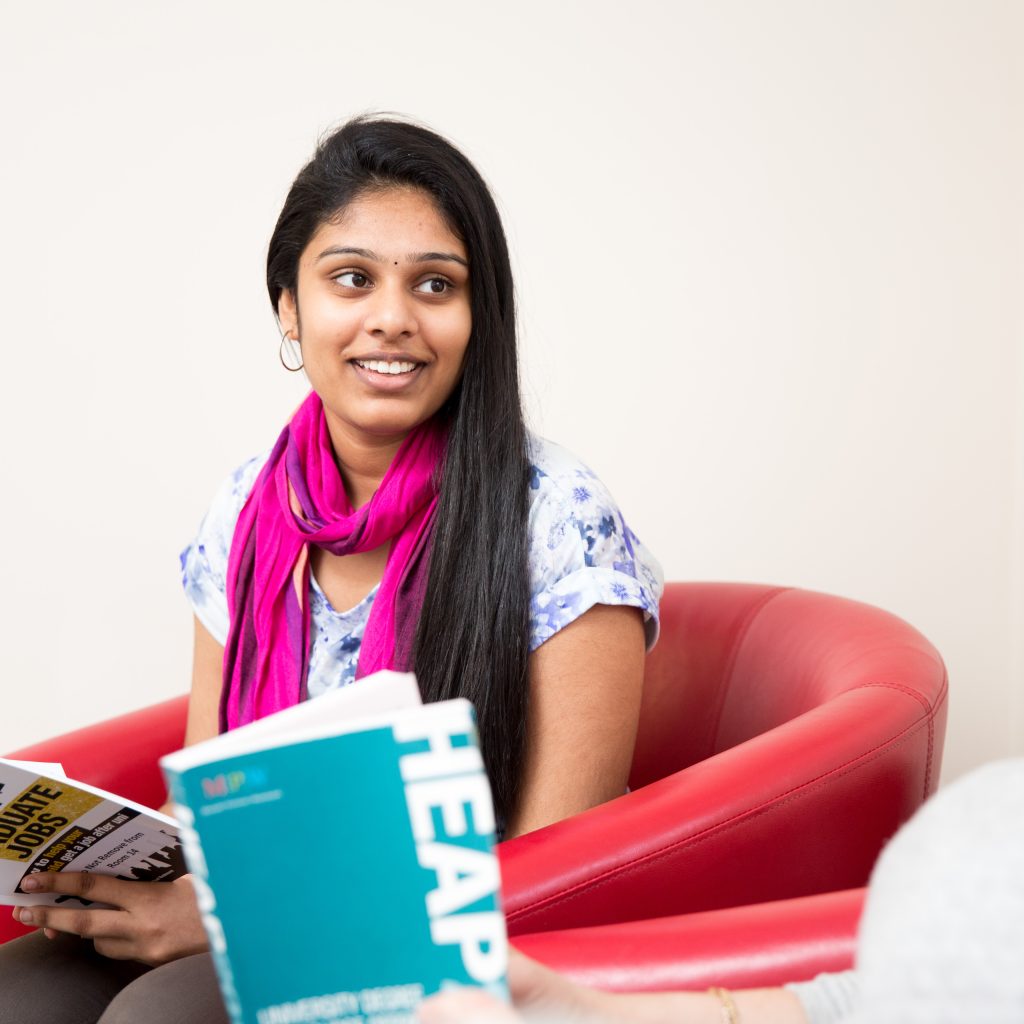English Literature A Level at Brampton College: Explore Words, Worlds, and Ideas That Shape Humanity
Love discussing great stories, with the fascinating characters and emotive issues they evoke?
At Brampton College, our A Level English Literature programme offers far more than the traditional study of books. It’s an invitation to enter timeless conversations, with authors, characters, cultures, and ideas that have shaped the world we live in. From Shakespearean tragedy to contemporary dystopia, you’ll unpack the emotional, political, and philosophical layers of powerful texts and develop the skills to express your insights with clarity and purpose.
This course is perfect for curious, articulate students who enjoy reading widely, debating ideas, and crafting compelling arguments. Through close textual analysis, contextual exploration, and intertextual comparisons, students gain a deep understanding of the written word and the human experience.
As one of the best sixth form colleges in London, Brampton delivers a rigorous yet supportive English programme, led by experienced teachers, rich in enrichment opportunities, and designed to ensure academic excellence and personal growth.
Whatever degree or career you are aiming for, from Law to Medicine to Business, an English Literature A Level will impress admissions tutors and employers as well as cultivate your critical awareness, preparing you for success at university, and far beyond.
Why Study A Level English Literature at Brampton?
A Foundation for Any Academic or Creative Career.
English Literature is a facilitating subject, highly valued by top universities for courses in Law,
Politics, History, Journalism, Psychology, and the Arts. It’s also an ideal companion to STEM subjects, building analytical and communication skills essential in any career path.
Rich Literary Curriculum
Students explore a diverse range of genres and eras, from Shakespeare and Milton to contemporary voices like Margaret Atwood and Ian McEwan. The course develops the ability to read critically, write persuasively, and speak with confidence.
Real-World Learning
We take learning beyond the classroom with regular theatre visits, literary study days at Shakespeare’s Globe, and interactive workshops. Students have recently explored productions of Macbeth, The Winter’s Tale, and Henry IV, Part 2, deepening their understanding through lived experience.
Expert Academic Support
With small classes, weekly assessments, and one-on-one feedback, we foster academic independence. From essay-writing workshops to exam technique tutorials, students build the confidence and precision needed for success.
What You’ll Study: English Literature A Level Course Overview
Our course follows the Edexcel A Level English Literature specification, structured into four components assessed over two years.
AS Level (Year 1 – 50% of A Level) Paper 1: Drama and Poetry
● 2 hours | Closed Book | 25% of A Level
● Set Texts:
● Anthology, Songs of Ourselves
● Edward Albee, Who’s Afraid of Virginia Woolf?
● Skills: Thematic analysis, character evaluation, dramatic structure
Paper 2: Prose and Unseen Texts
● 2 hours | Closed Book | 25% of A Level
● Set Text: Colson Whitehead, The Underground Railroad
● Plus unseen extract analysis (drama, poetry, or prose)
● Skills: Critical comparison, unseen analysis, contextual interpretation
A2 Level (Year 2 – Final 50%) Paper 3: Shakespeare and Drama
● 2 hours | Closed Book | 25% of A Level
● Set Texts:
● William Shakespeare, Hamlet
● Eugene O’Neill, Long Day’s Journey inti Night
● Skills: Close reading, historical context, dramatic conventions
Paper 4: Poetry and Prose
● 2 hours | Closed Book | 25% of A Level
● Set Texts:
●Geoffrey Chaucer, The Wife of Bath’s Prologue and Tale
● Katherine Mansfield, Selected Stories
● Skills: Comparative essays, intertextuality, critical debate
Skills You’ll Build
● Critical Thinking and Argumentation
● Advanced Essay Writing
● Literary and Historical Analysis
● Independent Research
● Close Textual Reading
● Effective Oral Communication
These are not just academic tools, they’re skills that serve students for life, in any profession or university course.
Enrichment Opportunities
● Regular theatre trips & Globe study days
● Creative writing workshops
● Literature magazine projects
● Debating and public speaking practice
● Support with EPQ projects and university applications
Future Career Opportunities with A Level English Literature
A Level English Literature is one of the most respected and versatile qualifications available, making it a smart choice for students who want to keep a wide range of career options open. Employers and universities value English students for their ability to analyse complex material, think independently, write persuasively, and communicate ideas with confidence and creativity.
Popular Career Paths:
● Law and Legal Studies
● Journalism and Publishing
● Politics, International Relations, and History
● Media, PR, and Advertising
● Creative Writing and Editing
● Education and Academia
● Marketing and Communications
● Business, Retail, and Human Resources
Many Brampton students go on to study English at top universities including Oxford, Cambridge, UCL, Durham, and King’s College London. Many students also combine English with Law, Politics, History, Philosophy, or Media Studies, creating powerful joint degree programmes that align with their career aspirations
A level Results
2024 |
A*-A |
A*-B |
| 50% | 95% |



